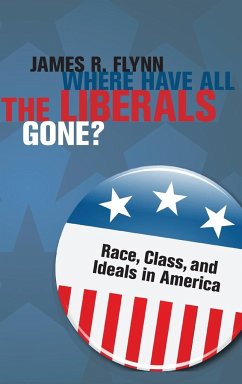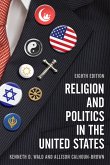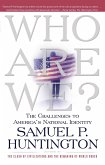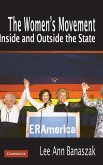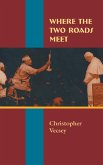Professor James R. Flynn is renowned for his belief that the IQ gap between black and white Americans is not genetic, but environmental in origin. Flynn's controversial new book offers an alternative to the vision of American society popularized by Herrnstein and Murray in The Bell Curve and is a must-read for all those wanting to keep up to date with the IQ debate. It traces the history of American idealism from Jefferson to the followers of Leo Strauss; analyses the black marriage market, the case for affirmative action, the folly of Iraq, and the liberal failure of will; and concludes with a powerful defence of humane ideals and human autonomy. With its clear and attractive prose, social scientists, philosophers and the general public will find this a unique and exciting book that will rearm American idealism with new ideas.
Hinweis: Dieser Artikel kann nur an eine deutsche Lieferadresse ausgeliefert werden.
Hinweis: Dieser Artikel kann nur an eine deutsche Lieferadresse ausgeliefert werden.
'This book is a kind of autobiography in which Flynn, one of the most interesting and independent thinkers of his generation, offers his overall view of the United States: its past, its values, its problems, and its best possible future. It contains the latest on the race and IQ debate and a fascinating chapter on Leo Strauss and his followers.' Thomas W. Pogge, Columbia University

